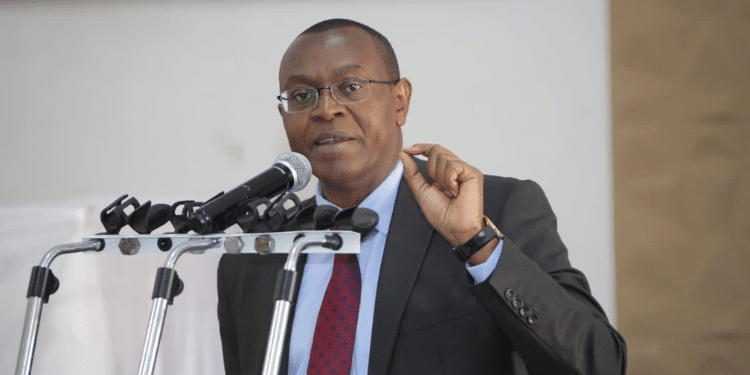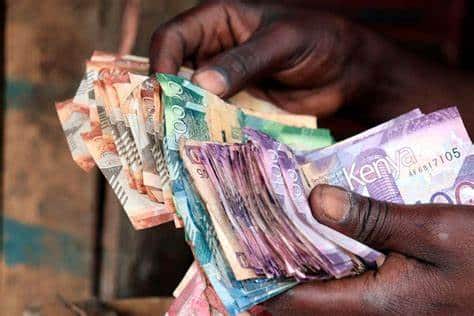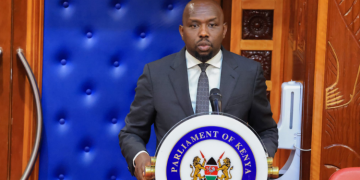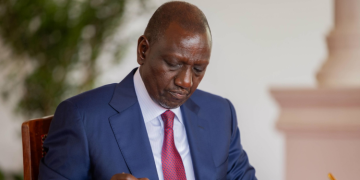Nairobi Governor Johnson Sakaja’s team has responded to the complaints and uproar by Kenyans over flooded areas in Nairobi including estates, the CBD and the expressway.
In a statement, Nairobi County Government noted that the Nairobi Rapid Response Team was already leading an exercise to address the matter.
The response team was led by its Chief Officer Bramwel Simiyu, in collaboration with the Red Cross.
According to Sakaja, the team would first assess the extent of damage caused by heavy rains that poured on January 5, evening.

Also Read: Sakaja Explains Reasons for Water Rationing Despite Heavy Rains
“Some immediate interventions are already ongoing in some areas that have been hardest hit, such as Githogoro, and Mukuru, as efforts to mobilize, consolidate, and deploy additional resources go on,” the message read in part.
Sakaja Receives Uproar over Flooding in Nairobi
Following the rains, open spaces in residential areas and the city were flooded with muddy water.
Estates affected included Parklands 1st Avenue where packing lots were filled with water, submerging some of the vehicles.
At the same time, some residents in the area were unable to access their homes.
Sakaja’s leadership was put in question with other asking for the boats that were earlier purchased by the county government for El Nino preparedness.
In addition, there was disruption of traffic along key roads like Jogoo Road and Waiyaki Way given that water had filled the stretches, angering motorists and pedestrians plying the roads.
Also Read: Weatherman Warns Kenyans of Heat Stress and Headaches in January
Former Nairobi Governor Mike Sonko also took a hit at the current governor stating that he needed to wake up and resolve the important issues affecting the City.
“The governor needs to wake up. I also used to have fun but when it came to work, I performed. You are sleeping now the rains have come to carry us away,” Sonko stated.
Weatherman on Type of Weather Expected in January
Earlier, The Kenya Metrological Department warned that Kenyans will experience health effects from extreme high temperatures in January including heat stress and headaches.
In the latest weather forecast dated December 31, the weatherman warned that Kenyans will also experience fatigue because of the extreme weather conditions.
“The high temperatures expected during the month of January in most parts of the country may lead to heat stress and heat related discomforts such as headaches and fatigue,” the report read in part.
At the same time, a few areas over the western sector and especially those around the Lake Victoria region and Southern Rift Valley were predicted to experience occasional rainfall in January and February.
“However, some rainfall will be recorded in March in some parts of the country including Rift Valley, the coastal region among other areas.
“In March, the rainfall is expected to spread to several places. This rainfall is expected to be above the January- February- March,” the weatherman reported.







































































